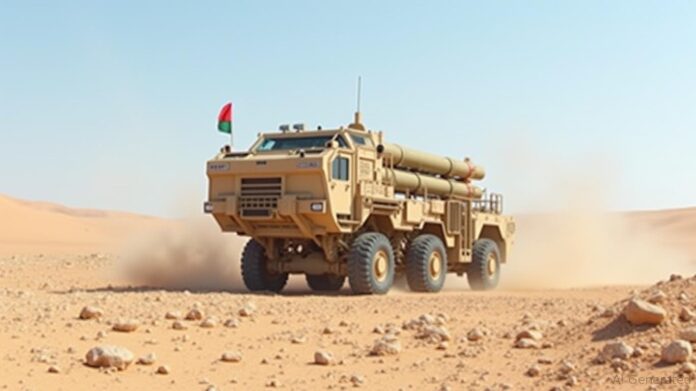The Middle East stands at a familiar crossroads of tension and risk. In May 2025, the United States and Israel launched coordinated airstrikes on Iran’s Fordow and Natanz nuclear facilities, aiming to stall Tehran’s uranium enrichment capabilities with bunker‑busting munitions and precision cruise missiles reuters.com. Iran responded days later with missile launches against Israeli targets and threats to halt traffic through the Strait of Hormuz—a vital choke point for roughly one‑fifth of global oil trade reuters.comreuters.com.
Investors who remain on the sidelines risk missing gains in firms supplying the tools of modern defense. Middle Eastern governments have already increased budgets to counter drones, missiles, and cyber incursions. First, consider the classic heavyweights: Lockheed Martin (LMT) and Raytheon Technologies (RTX). Lockheed’s backlog exceeds $170 billion and benefits directly from U.S. deployments of F‑35 fighters and Patriot batteries in Gulf countries reuters.com. Raytheon’s NASAMS and Iron Dome partnerships with Israel’s Rafael boost its regional footprint and revenue streams reuters.com.
Second, Israeli innovators remain front and center. Elbit Systems (ESLT) reports 60 percent of its $1.1 billion Q1 2025 revenue from U.S. and Israeli contracts, thanks to the Hermes 900 drones and Iron Fist protection systems favored by Gulf armies atlanticcouncil.org. Rafael Advanced Defense’s David’s Sling complements global Iron Dome sales—highlighted by a $1 billion deal with Poland—which underlines demand for layered missile defense reuters.com.
Third, unmanned systems and maritime surveillance are critical in a region defined by narrow waters. Northrop Grumman’s Triton drones patrol the skies above Hormuz, deterring potential Iranian naval moves and safeguarding tanker routes reuters.com. Such capabilities win fresh orders as Gulf states hedge against asymmetric threats.
Cybersecurity firms form the invisible wall behind battlefield hardware. Check Point Software Technologies (CHKP) saw its stock climb 15 percent in 2025 after Gulf energy firms secured its Infinity platform to block zero‑day exploits reuters.com. CyberArk (CYBR) posted a 19 percent revenue boost in Q1, driven by defense contracts that guard privileged access in sensitive networks reuters.com.
Still, investors should note key risks. A sudden diplomatic thaw—unlikely while Iran’s hardliners hold sway—could cool military spending and trigger profit‑taking in overvalued names. Likewise, tighter U.S. export controls might curb the flow of advanced systems. Oil market gyrations also matter: with a potential Hormuz closure priced at $110 per barrel by Goldman Sachs, energy shocks could reshape overall market sentiment reuters.com.
Short Analysis
In my view, the unfolding standoff in the Middle East creates a clear tilt toward defense and cybersecurity plays. Yet, the best returns will go to companies that blend hardware prowess with digital resilience. Long‑term investors should favor firms with strong balance sheets, global partnerships, and proven delivery records—companies that can adapt as both missiles and malware define modern conflict.

